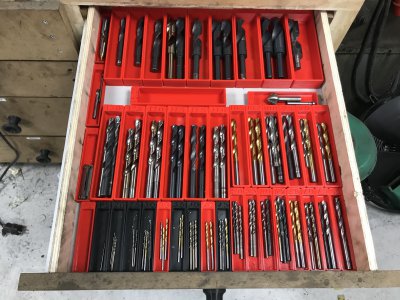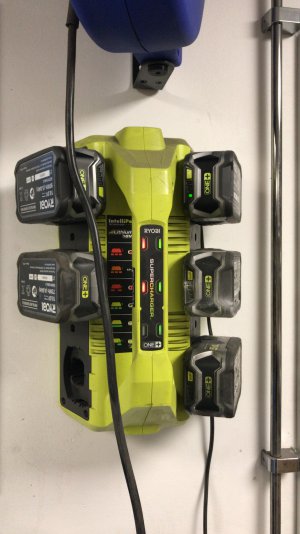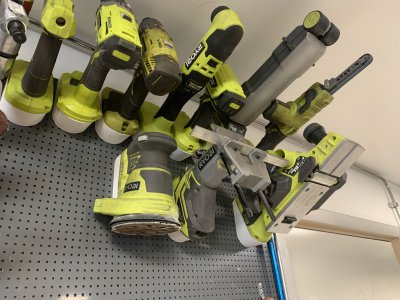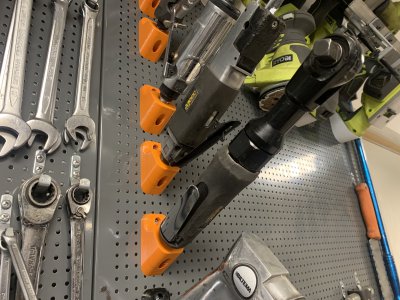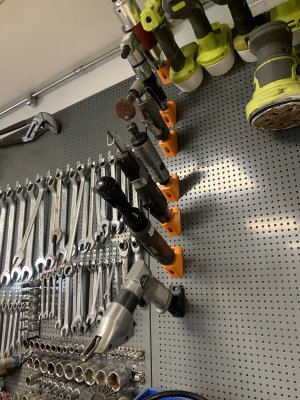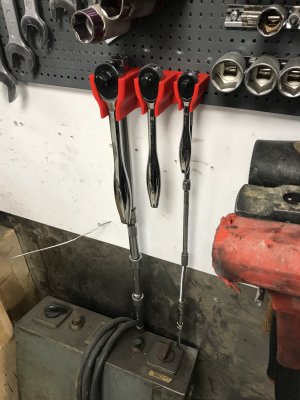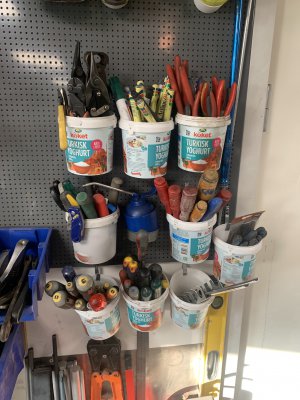Thanks for following along!
There's been a bunch of smaller projects being done so I've built myself both a sheet bender and sheet roller(used scraps, hence limited size of the roller).
Whilst they're not as good as a commercial unit might be, all they cost me was my time which I back then had plenty of.
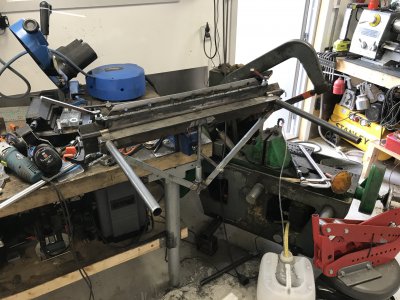
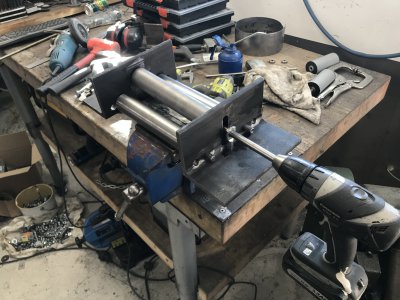
Got some really neat metrology equipment from my wife when I turned 30 last year, hopefully this will help me reach even higher levels of precision in the future!
Here I'm working on refinishing a cheap vice for the big drill press, it was skewed all sorts of directions which needed fixing.
Milled the bottom flat and then did the sidebars parallel to it and machined some custom clamps.
I'm really looking forward to being able to use these tools for renovating the big mill.
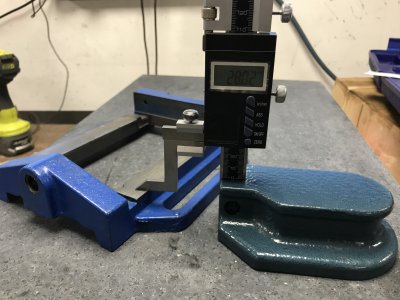
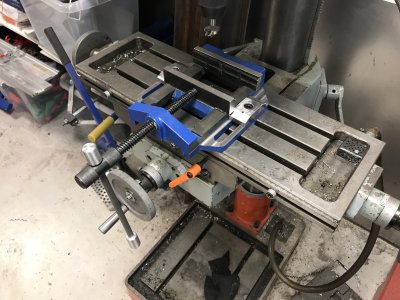
Another thing it will be used for is to scrape this straight edge in, bought it new on ebay, can't wait to get to play around with it but haven't had time so far.
I've also invested in both micrometers, indicators and various other measuring equipment whenever I've found them at decent prices so I'm finally starting to be able to get good measurements of things.
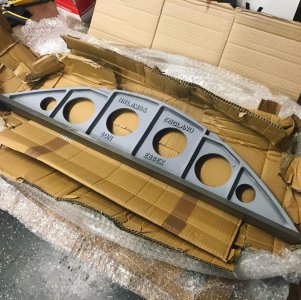
Then one day I'm just casually scrolling around on facebook marketplace and I come across this beauty.
Seller says it's mostly just been sitting in their barn for the last 25 years and is dirty but starts.
I go check it out and it has hundred of kilos of accessories, there's no real noticeable wear on either bed, screws or other mechanisms.
The guy only wanted around 300 USD so it felt like a no brainer, even if sold as scrap it'd be worth more than that.
Luckily I've made friends with a guy who drives crane trucks who could help me get it home, it's around 2000kg/4400lbs so not something you move too easily.
Garage door for scale.

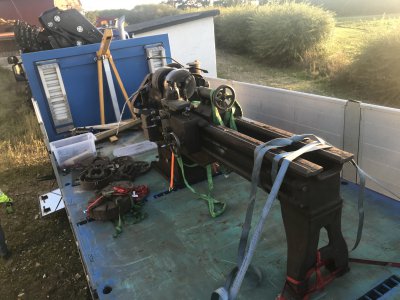
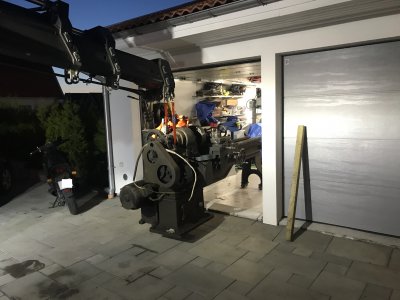
This was the moment I scrapped both the material wagon and worktable so I instead could fit this in and still walk around comfortably.
To be able to get it into the shop I made some roller skates from more scraps I had laying around.
The grease fittings let's you push the center part full of grease, which then comes out inside of the steel wheels.
Not only does it lube everything up nicely but also pushes out any dust and dirt.
This was one of those "okay I have 2 hours, let's see what I can come up with" solutions, the night before going to pick the lathe up.
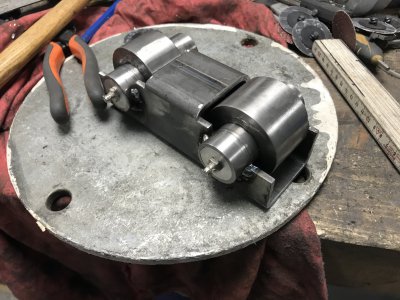
This was months ago and I've been quite busy since so have sadly not had time to service it and give it a test run but at least my wife could help me move it into the right place in the shop after sitting at the entrance for a few weeks.
I used the rollers under the legs to the right and then lift the heavy left side with the workshop crane, took an hour or so of carefully moving it but was overall uneventful.
I now finally have a large lathe that should be a lot harder to outgrow.

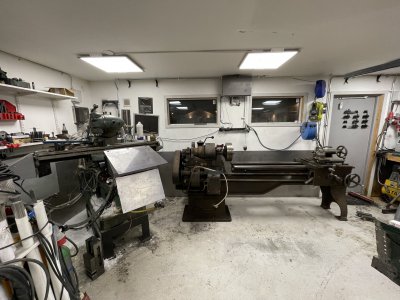
Trying to clean and organize the shop, I had gotten real tired of my drill management. I had a box full of random drills and 3 different places with indexes. One set of drills at the mill, one set of drills at the small drill press and one boxed set in the drawer system. Overall a complete mess and always walking back and forth looking for the right one.
I instead chose to rebuild one tall drawer into two slim ones, I then printed a load of boxes for the various drill sizes I had and try to store all my drills at one place instead.
This should be both more space efficient and easier to find what I'm looking for and when I need to get new drills.
The drawer beneath it looks similar but is dedicated to all the different taps I have.
